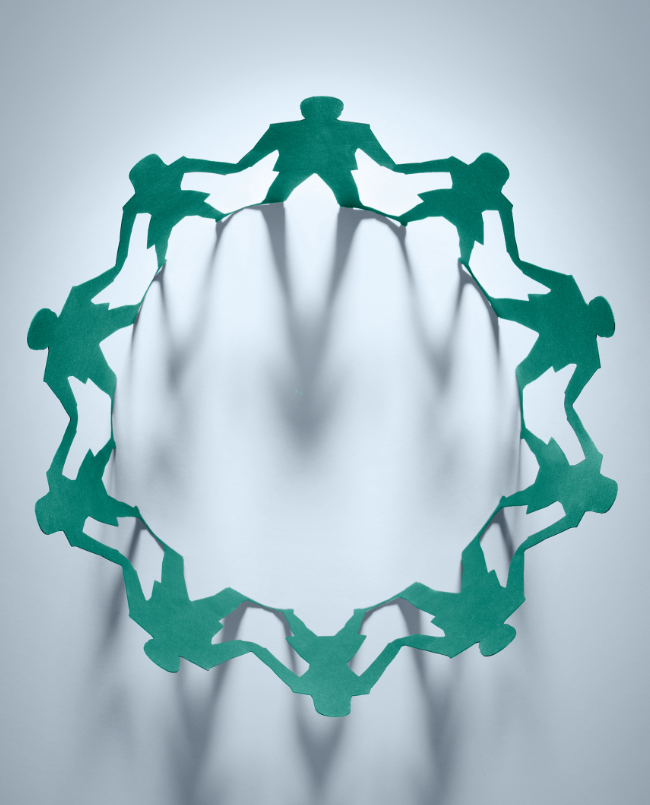The widespread economic shock following the outbreak of COVID-19 means hundreds of thousands of South Africans have lost their jobs and been unable to afford necessities. As emergency aid for disadvantaged communities is critical, the JSE and Business Leadership South Africa (BLSA) have joined efforts and each donated R1 million towards social outreach hygiene hampers and food parcels.
‘People are desperate for the most basic of human needs – food and sanitising products that help limit their exposure to the coronavirus, the latter of which is an added, but essential, burden to their already dire financial circumstances,’ says Zanele Morrison, JSE Director of Marketing and Corporate Affairs. ‘This is not a situation they can overcome without help. Vulnerable communities are the hardest hit and require everyone’s assistance to meet some of the basic protocols to flatten the curve and limit the spread of COVID-19.’
Even before the crisis, thousands of South Africans were battling food insecurity and hunger. Some 50% of households were already living below the poverty line, which was why the JSE’s social responsibility focus areas have always prioritised health, the environment and financial education.
‘Our programmes deal with issues such as poverty alleviation, job creation, and youth and community development as indicated by the National Development Plan and the Financial Sector Codes, among other key policy and development papers or legislation,’ says Morrison. In efforts such as these, the JSE tends to engage with NGO partners, and it is no different in this recent COVID-19 crisis.

According to BLSA CEO Busisiwe Mavuso, we all have a role to play in supporting the national efforts. ‘The impact, however, will only truly be felt when we bring our resources together, be they monetary, intellectual or logistical. When we bring forth our best attributes, we ensure that our contribution to this fight will outlive the current season.’
Morrison concurs. ‘It is only when we unite that we can do more to benefit our country during this time. Social responsibility beckons organisations to find the need in our communities and meet it where we can. Businesses all across South Africa, those that can, have really stepped up and collaborated for a common purpose through various initiatives.’
What is needed to support communities currently is luckily unambiguous, but relief organisations are struggling to cope with the significant increase in the need for food, particularly in Gauteng, where distressingly long queues have been recorded for government food parcels. The province is home to roughly a quarter of the population of SA, and is viewed as the economic hub of the country, which is one of the reasons why the JSE and BLSA have concentrated its social COVID-19 relief programme in that region.
Also, as confirmed by Gauteng premier David Makhura in April, just 2 000 households were being reached through provincial government food parcels. Government expansion programmes are in place, but more is needed.
The JSE and BLSA’s combined R2 million has been divided between two separate organisations for food and hygiene parcel distribution in Alexandra, Orange Farm, inner-city Johannesburg, Diepsloot, Emfuleni and Thembisa. The food parcels are being distributed by the Gift of the Givers Foundation and the hygiene hampers through Afrika Tikkun (one of the JSE’s CSI beneficiaries), to the identified communities.
The hygiene hampers consist of tissues, alcohol-based hand sanitisers, antibacterial soap and an information leaflet illustrating the use of the products, in English, isiZulu and Tswana.








